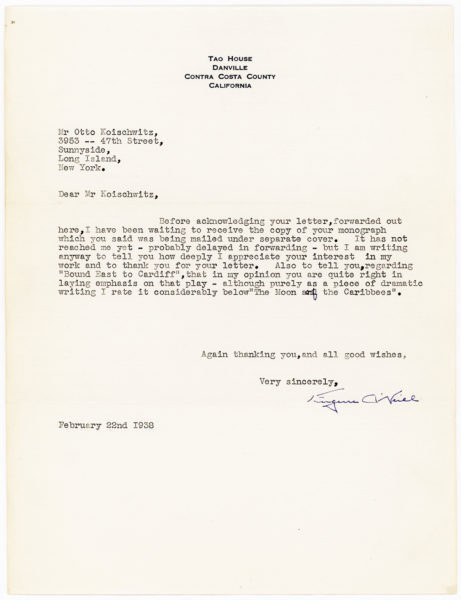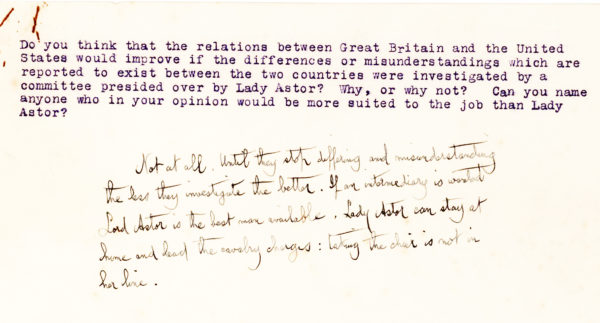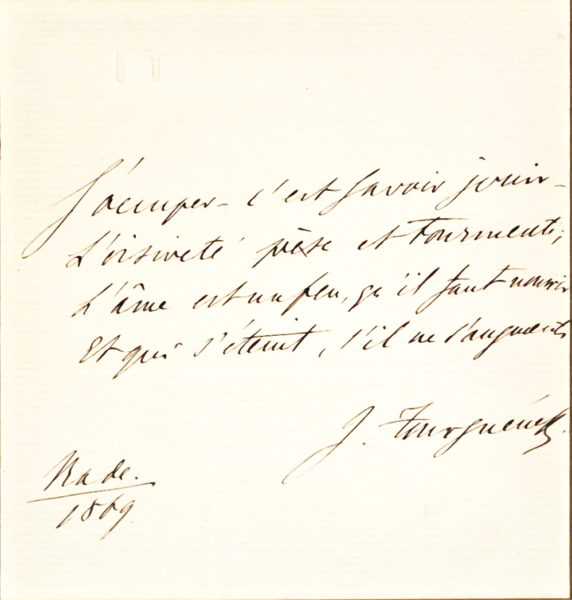WEDEKIND, FRANK. (1864-1918). German playwright best known for his “Lulu” plays and Spring Awakening. ALS. (“Frank Wedekind”). 2pp. 8vo. (Munich), N.d. (To playwright JACOB SCHEREK, 1870-1927). In German with translation.
“I have known about your drama ‘Wahn’ for a full year now and believe that it would come across as original on stage and, above all, very dramatic, provided that the portrayal is not realistic but a little stylized. I also expressed my interest to Director Stollberg a year ago. If I can do anything more for the play, it would always be done with consultation. Perhaps we will see each other occasionally here at the Café Stephanie…”
Wedekind’s first major work, the 1891 Frühlings Erwachen (Spring Awakening) was considered scandalous with its realistic treatment of sexuality, homosexuality, rape, suicide, abortion, and sadomasochism, and led to its banning in Germany. However, the play was eclipsed by Wedekind’s “Lulu” duology, the 1895 Erdgeist (Earth Spirit) and 1904’s Die Büchse der Pandora (Pandora’s Box), both of which also critique bourgeois German society and deal with themes of sexuality, homosexuality and violence.
Simultaneously, Wedekind wrote for the left-wing journal Simplicissimus, whose contributors included Thomas T. Heine, Thomas Mann and Rainer Maria Rilke. An article he authored for the magazine criticizing Kaiser Wilhelm II landed him in prison in 1898, after which he was hired as the dramaturg for Munich’s theater in charge of recommending and adapting plays for its stage. In that role and as the principal member of the satirical cabaret Die elf Scharfrichter (The Eleven Executioners), Wedekind exerted considerable influence over the development of German theater.

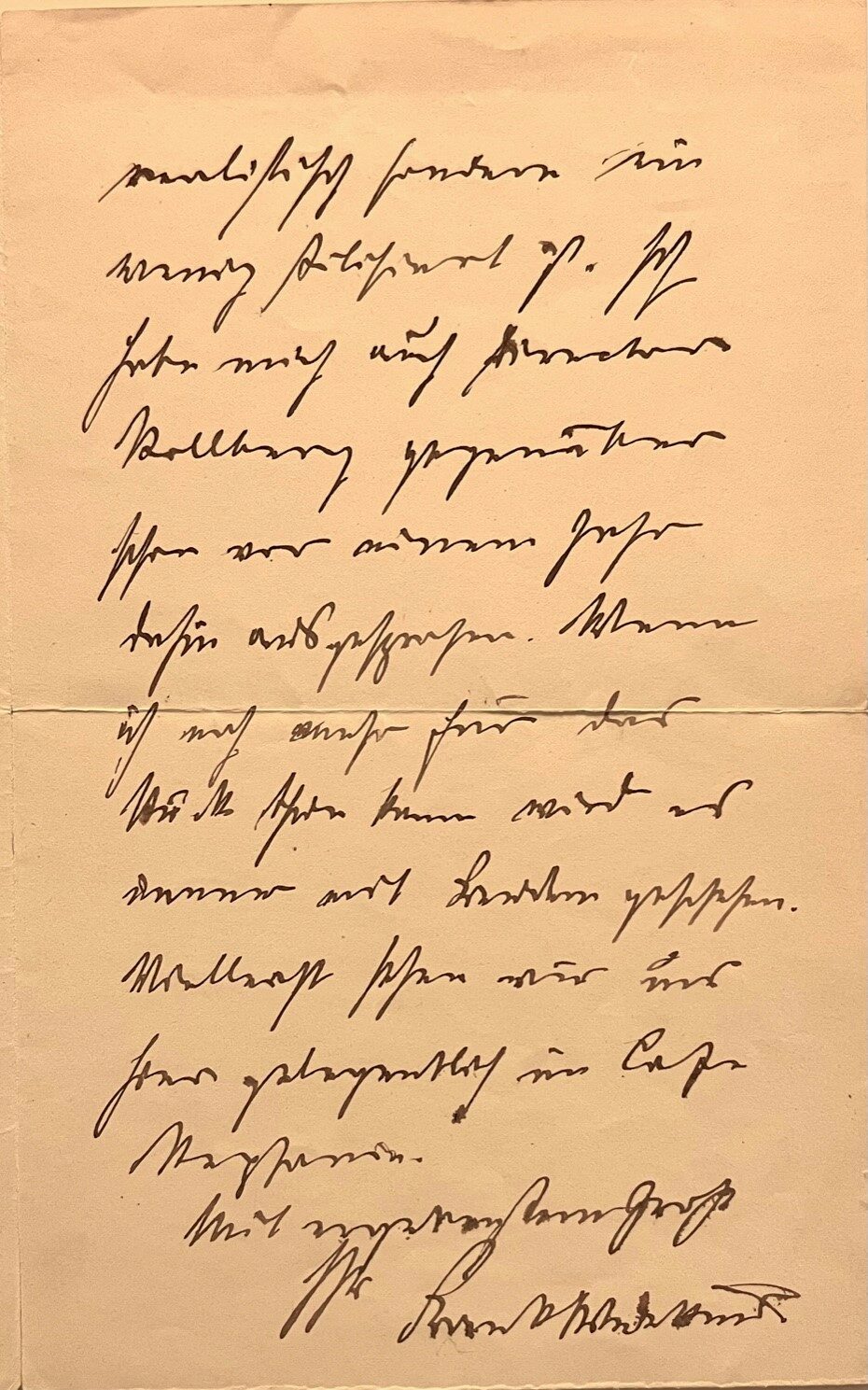
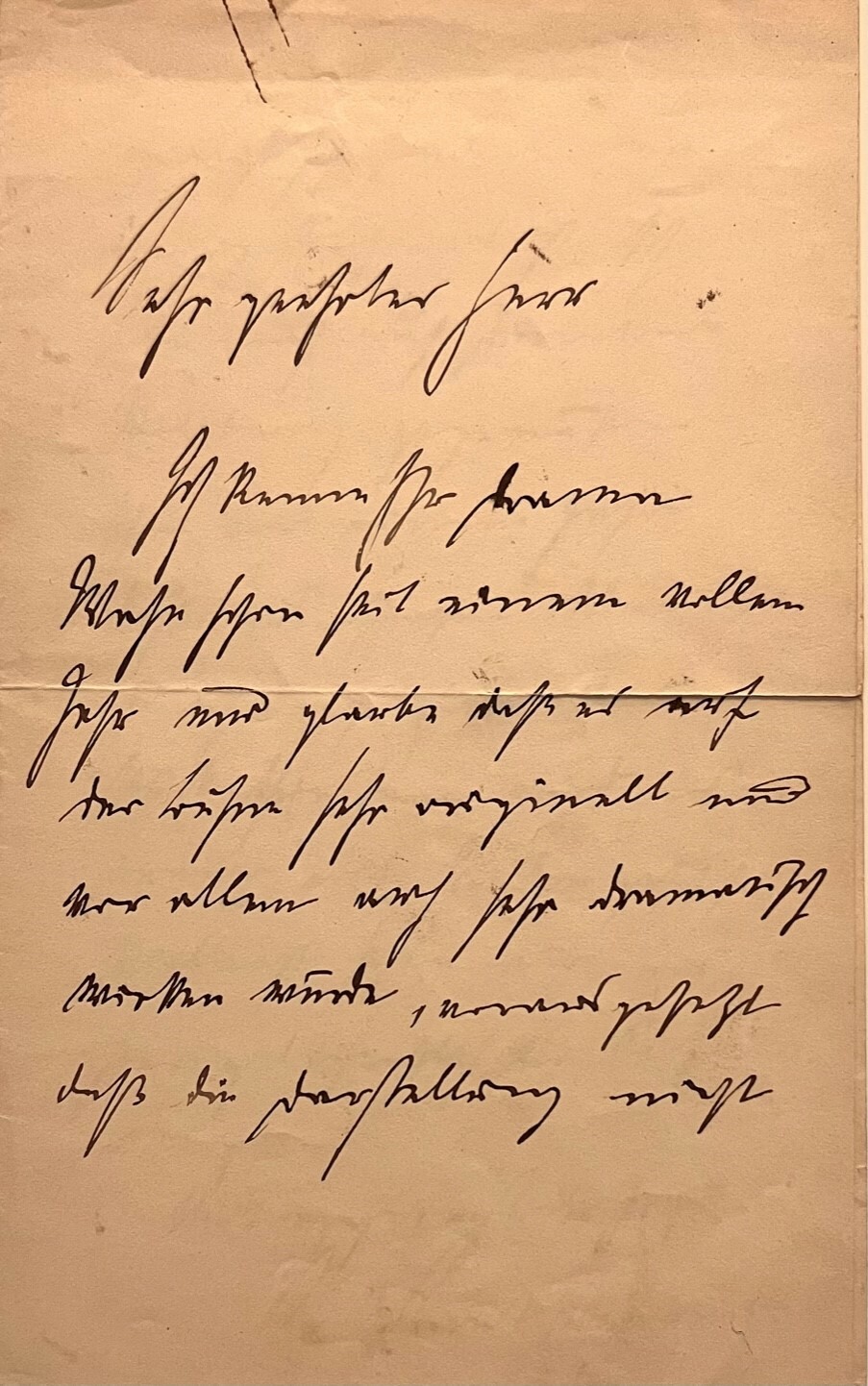
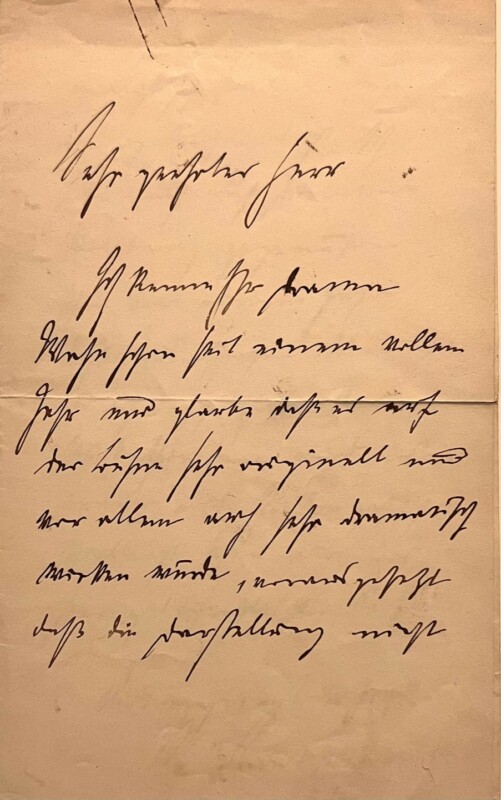
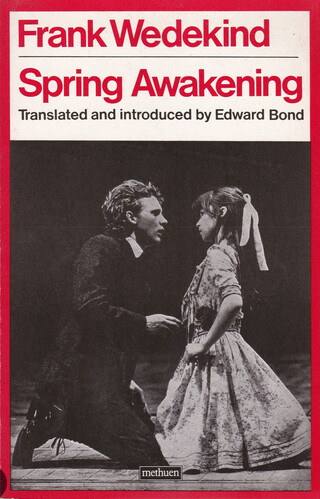 Wedekind’s works inspired the 1929 silent film Pandora’s Box starring Louise Brooks as well as Alban Berg’s masterful 1937 opera Lulu. A popular 2006 Broadway revival of Spring Awakenings led to renewed interest in Wedekind in the English-speaking world, including the 2011 album Lulu on which Loud Reed collaborated with Metallica.
Wedekind’s works inspired the 1929 silent film Pandora’s Box starring Louise Brooks as well as Alban Berg’s masterful 1937 opera Lulu. A popular 2006 Broadway revival of Spring Awakenings led to renewed interest in Wedekind in the English-speaking world, including the 2011 album Lulu on which Loud Reed collaborated with Metallica.